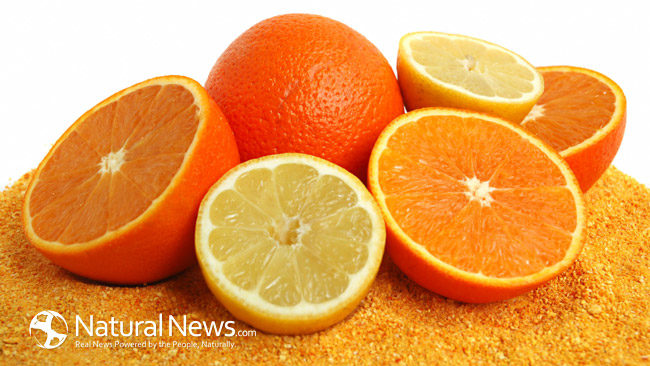Little Known Ways to Save Florida Oranges From Pests and GMOs:
An open letter to Ricke Kress, president of Southern Gardens Citrus:
I am among the many people who read the New York Times article (“A Race to Save the Orange by Altering its DNA – 07/28/2013”) describing the danger to your Florida orange trees. I don’t presume to know your farm or your farming methods, or why your orange trees are sick, and I do understand why a person would seek a solution in genetic engineering. These people are saying they can help you. You do not see any alternatives.
But I wonder if you have exhausted every available method before resorting to genetic manipulation of your trees. I did not see in the New York Times article what farming techniques you had already tried. I did not see the results of your soil analyses, or what your fellow orange growers had to say about your plight.
Are you sure you’ve tried everything? Perhaps you have not been exposed to additional techniques that have been used to successfully combat this problem. Perhaps you were hoping to find a solution by posting your announcement publicly.
I believe you could find another solution to your dilemma. To use a little logic: Assuming the orange seeds are a constant – that they have been the same seeds as they have always been, why is there a change in the way the trees grow? If the seeds are the same, why are you blaming the orange? Why not blame the soil? Why not blame the environment?
If the oranges themselves are not at fault, then changing the orange itself is not a lasting solution to this problem. The problem will inevitably return in some form or another. It’s important to look at the other factors involved in tree growth and survival.
Besides the obvious factors of sunshine, irrigation, and use of fertilizer, why do bad things happen to crops? There is now a growing body of research showing that synthetic pesticides, insecticides and herbicides not only kill the orange pests, but also kill the soil microorganisms that support healthy tree growth, and destroy the natural predators of the Asian Citrus Psyllid (e.g. ladybugs, Lacewings and Taraxia radiata [parasitic wasp]). Naturally, with no natural predators, the psyllid will thrive.
Trying to grow something that is a living thing out of dead soil in a dead environment is not an easy task. I would expect sick trees under these circumstances. (Although it’s interesting that a pig gene is the only gene that can grow in such a sterile environment). I suspect even the pig gene will eventually fail if the soil and environment is left as is.
Some will say that an orange is just an orange – scientists will say it’s simply an organized form of protein molecules, carbohydrates, vitamin C and DNA. But I believe an orange is not just an orange. It doesn’t just require water, dirt and oxygen. I believe oranges are living miracles. To grow healthy trees requires living soil with microbes (that produce various micronutrients and other organic constituents) in a symbiosis of nature and in cooperation with various insects and even nearby plants (e.g. certain cover crops such as certain wildflowers, grasses and legumes) can help manage soil fertility, build soil structure, suppress weeds, attract and sustain beneficial arthropods [such as the parasitic wasp, generalist insect predators, and predatory mites] and help control soil erosion).
Healthy trees are part of a delicate ecosystem with nature. Disturb one aspect of nature, and you’ve disturbed the ecosystem. All nearby plants will suffer. Even nearby animals will suffer as well. Obviously it is a very complex issue when we talk about the interconnectness of all living things.
Surely there are some things here that could help. Perhaps you could test small areas at a time. I‘ve listed more information below coming mainly from the University of California Davis, and the U.S. Department of Agriculture.
1. Proposed Release of a Parasitoid For the Biological Control of Asian Citrus Psyllid (Diaphorina Citri Kuwayama) in the Continental U.S. http://bit.ly/13BW1Jm
2. University of California Cooperative Extension Production Practice and Sample Costs for Fresh Market Organic Valencia Oranges- http://bit.ly/19CKnFj
3. Plants that Attract Beneficial Insects: http://bit.ly/cSckbQ
Yours sincerely,
Cynthia Foster, MD
www.DrFostersEssentials.com





